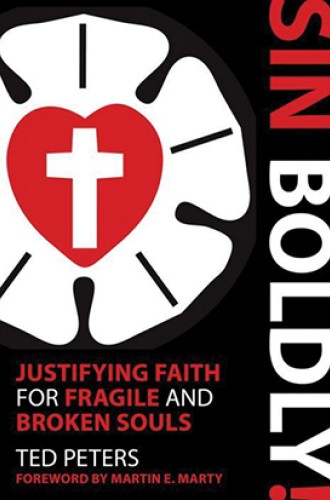Justification by faith for fragile and broken souls
Ted Peters translates theological concepts into a folksy manual for pastoral care.
"Can faith make one’s life better? More vibrant? More robust?” These questions sound like a pitch for yet another warmed-over prosperity gospel. But any suggestion of that school of thought ends as soon as it begins in Ted Peters’s book. What follows instead is an unexpected journey into the soul and its maladies, with Peters as an affable and chatty tour guide.
What makes this book unexpected is its departure from the author’s well-known forte. Peters, who has taught at Pacific Lutheran Theological Seminary and the Graduate Theological Union since 1978, is best known for his work at the nexus of theology and the natural sciences. What he offers in this book is part theological reflection, part manual for the care of souls.
With a nod to various theologies of the soul, Peters avoids protracted arguments about the soul’s nature or even existence. Instead, he pursues an understanding of the soul that is more experiential than metaphysical. This emphasis allows him to dive straight into the human condition. He then focuses on the struggles of people with two different and troubling conditions, the “fragile soul” and the “broken soul.” As nostrum for these maladies, Peters advances the Lutheran “justification by faith” formula.






